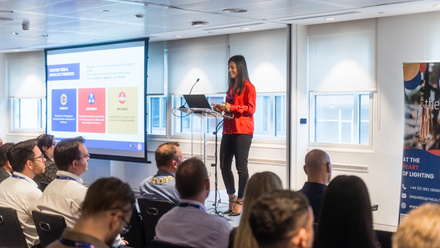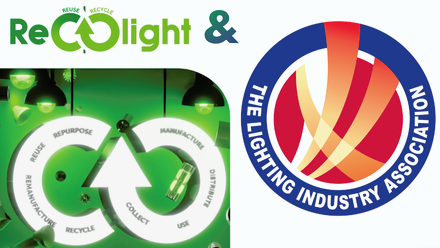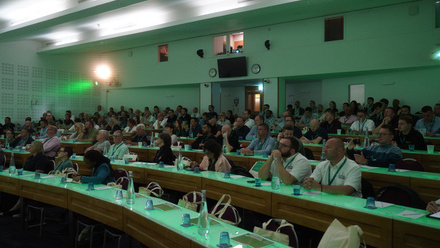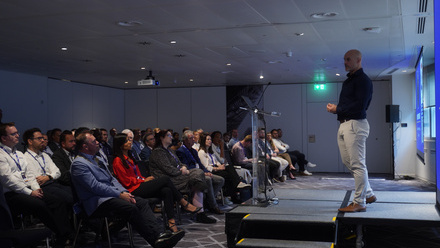The LIA’s Response to the UK’s Modern Industrial Strategy
The strategy sets out a 10-year plan to unlock business investment, support high-potential sectors, and strengthen UK competitiveness. It outlines reforms to reduce regulatory burden, lower energy costs for manufacturing, improve infrastructure, and expand access to finance and skills, creating a more stable and strategic environment for businesses to plan and grow.
Ayça Donaghy, CEO of The Lighting Industry Association, said:
We welcome the publication of the UK’s Modern Industrial Strategy and its long-term vision for economic growth. A ten-year strategy that backs business with greater certainty is a step in the right direction, giving industry the confidence and time to plan, invest, and innovate. It’s encouraging to see the strategy recognise the importance of foundational industries, clean energy supply chains, and enabling technologies, all areas where lighting plays a crucial, if often under-recognised, role. From accelerating the net zero transition to enhancing building performance, safety and wellbeing, lighting is a key enabler across many of the strategy’s ambitions. While not explicitly referenced in the sector plans, we will continue to champion the role of lighting in government advocacy efforts ensuring our sector has the visibility it deserves in shaping a more resilient, competitive and sustainable UK economy.
As the UK’s largest trade association dedicated to lighting, representing over 180 members across the manufacturing and supply of lighting products and controls systems, The LIA contributed to the Government’s 2024 Industrial Strategy consultation as part of the Invest 2035 process. In its response, The LIA called for greater recognition of lighting as a net-zero enabler and as a foundational technology within smart, healthy, and efficient buildings, spanning both domestic and commercial infrastructure.
The LIA’s submission also urged the Government to support energy efficiency as a key industrial principle, reframing lighting as part of the critical systems that underpin clean growth, and considering the value of lighting controls, recommissioning, and building performance in reducing emissions and energy demand.
While lighting is not explicitly referenced in the first wave of sector plans, The LIA sees multiple alignment opportunities within:
- Clean Energy Industries: Lighting plays a direct role in reducing energy demand across the built environment and is a necessary component of grid-flexible buildings and electrified infrastructure.
- Advanced Manufacturing: Many LIA members are UK-based manufacturers whose competitiveness relies on fair energy costs, access to export finance, skilled staff, and regulatory clarity.
- Digital & Technologies: Lighting controls and smart lighting systems are increasingly integrated with digital building management platforms and IoT infrastructure.
- Professional and Business Services: Lighting design, compliance, and commissioning services represent a growing area of UK expertise with export potential.
The LIA stands ready to support the Government’s implementation of the strategy, particularly in highlighting the integral role lighting plays in the UK’s energy transition, building quality agenda, and technological leadership. As the strategy evolves, The LIA will continue to advocate for lighting to be recognised as a strategic enabler of cleaner, safer, smarter environments.
Of course, the proof will be in the detail.
The direction is promising, but the real test will come in how the strategy is implemented and we’ll be paying close attention to that, continuing to ensure our sector’s voice is heard in the delivery phase.






